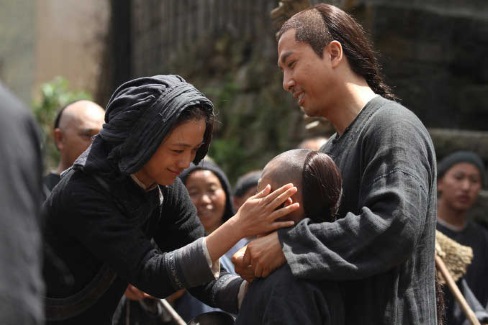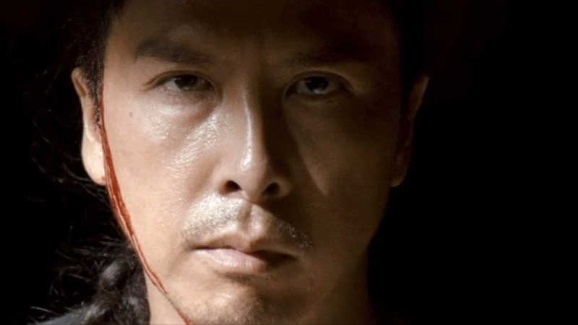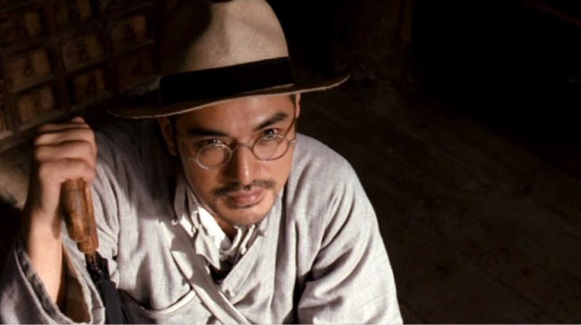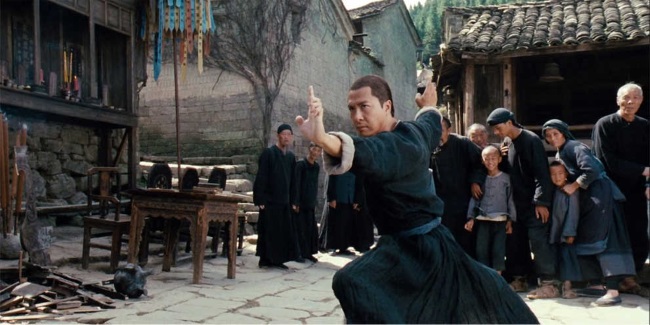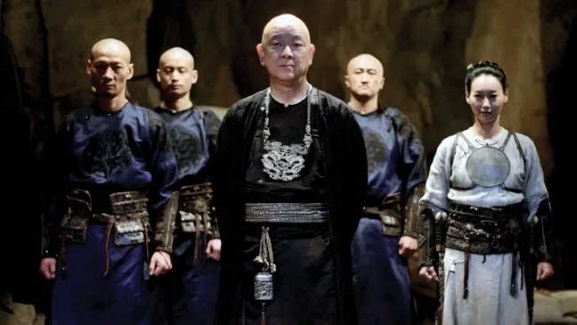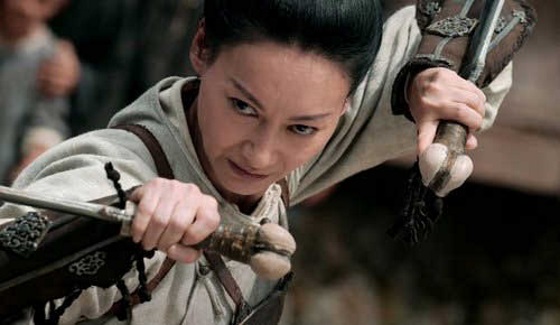Wu Xia
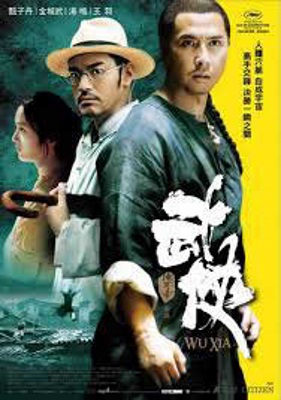
Director: Peter Chan
Year: 2011
Rating:
7.5
Aka - Dragon
Dragon is the American version with large
cuts. I watched the Hong Kong version.
For a film that titles itself Wu Xia or
its Chinese translation Martial Arts Chivalry, it is surprisingly introspective,
murky, dark and morally complex. The wuxia aspects are intertwined in the
narrative but almost a sideline to the main thrust as this explores themes
of identity, family, redemption, sacrifice, righteousness and obsession.
Wuxia is the enticer, but not really the point of the film. Perhaps for a
film directed by Peter Chan and scripted by two women - Aubrey Lam and Joyce
Chan, one would not expect a masculine standard story of heroics. Good guys
and bad guys. Though it is in some ways a homage to the Shaw Brothers, it
does so in a unique manner. It is a hard film to get your arms around - part
wuxia, part Holmesian detective story, part love story - but told in a broken
dreamy narrative.
